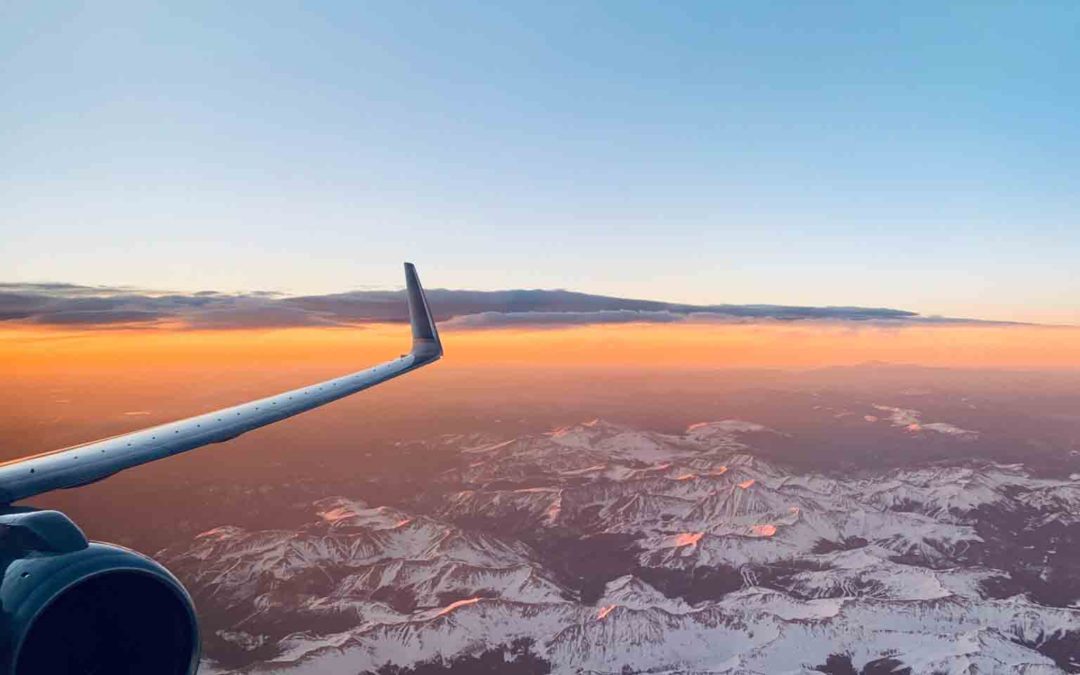Let’s be blunt. Airlines should charge by the pound. Yeah, I said it. Pay by the pound is the only way to truly fix the airline industry. UPS does it. FedEx does it. DHL does it. They make money. Why not the airline industry? When it comes down to it, airline passengers and their luggage are simply articles of freight that are being moved from one point to another. And, as we Americans get bigger, flying is getting more expensive. The more the plane weighs, the more it costs to get that plane to its destination. The airlines seem to run like the USPS flat rate boxes. If it fits, it ships. How’s that working out for the post office?
Now, before you think I’m a monster and want to pick on the, let’s say, differently proportioned, why not give it a thought. Sure I’ve been stuck flying long flight legs with overweight passengers that have made my travel less than comfortable. That’s not the point. My issue is purely about the fact that I paid the same amount as that person next to me even though it costs much more to get someone of 280 pounds from place to place than it does to hoist my 150 pound frame up and down.
Then there is luggage. I travel light. A backpack is usually all I bring along on trips ranging from from 3 days to 30. The 120 pound urban fashionista, on the other hand, with 50 pounds worth of shoes and cosmetics for an overnight stay in Las Vegas just payed the same for her flight even though her total weight (her plus her luggage) eclipsed mine. Is that fair?
So, here’s the solution. As an example, an airline decides to institute a pay by the pound system for its flight from Denver to Chicago. It sets that price at $1.25 per pound each way. When you book this flight online, you estimate your total weight (you plus your luggage), your seat is chosen, reserved and your credit card is authorized. This gives you a weight goal and gives the airline a budget figure with which to work when planning its flight details. If you weigh more than is allowed in a coach seat, you are automatically bumped into a larger seat. Then, when you arrive at the airport for your flight, you step on a scale with all your luggage, the final weight is tallied and your credit card is posted for the total amount of your flight. Don’t kid yourself. That technology is alive and easy to manage. Just ask your local UPS store. I weigh 150 pounds. I pack a bag of 20 pounds. Total weight: 170 pounds. Total round trip cost: $425.
Call it a self service payment plan. Want to make your flight cheaper? Lose weight. Pack lighter. Skip breakfast. Eat a salad the night before rather than 2 pizzas and 8 beers. Or, do what the Japanese have been asking their passengers to do for years, go to the bathroom before you check in. It lowers your weight and saves money for you and your flight not to mention is better for the environment. Less weight causes less drag on the plane causing it to expend less fuel with the result of pumping less carbon into the atmosphere. See, everybody wins.
It is actually the only truly fair way to fly. There would be less ambiguity. Airlines can still run specials and manage on a supply and demand system. Imagine seeing a deal of 99 cents per pound to London. You would do whatever it took to drop weight. First class can still cost more and have better benefits and coach seats can still be incredibly uncomfortable. This system simply puts what you pay in your hands. Power to the flying people. It’s not discriminatory. You simply pay what it costs to get you from one point to another. You weigh more. You pay more. You weigh less. You pay less. It’s so easy, an airline CEO can do it. It even rhymes. Trust me, it will catch on. Now, I’ll just wait by the phone for the consulting jobs to line up.

